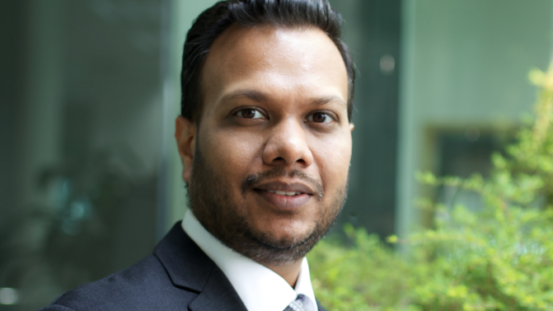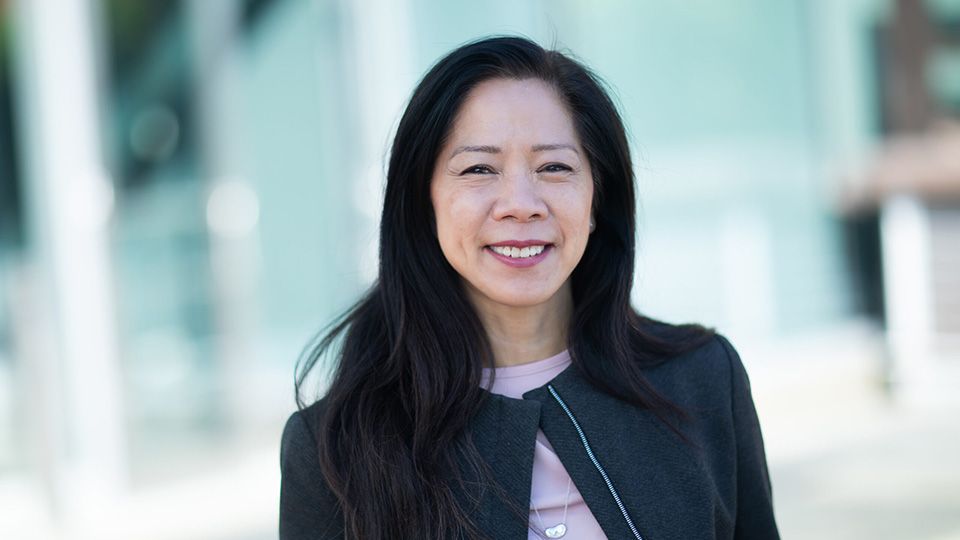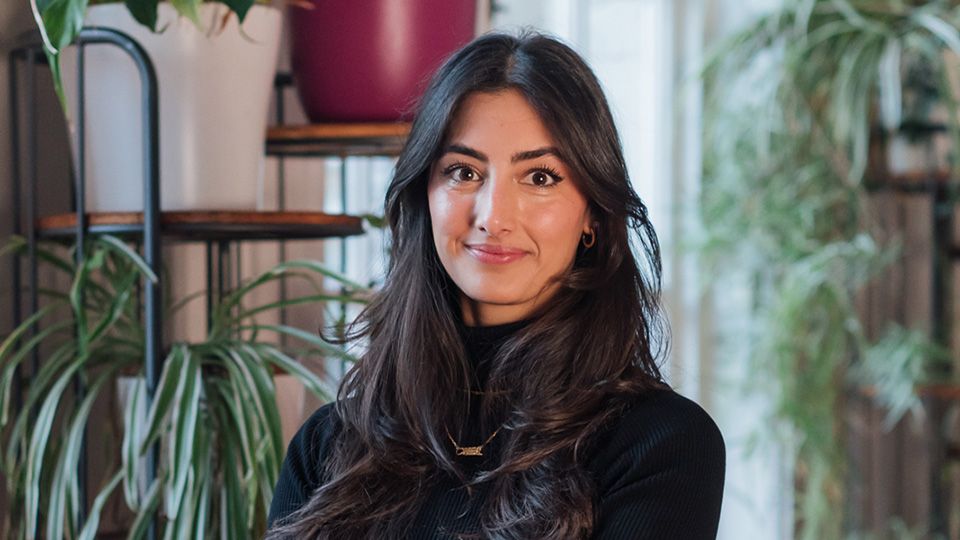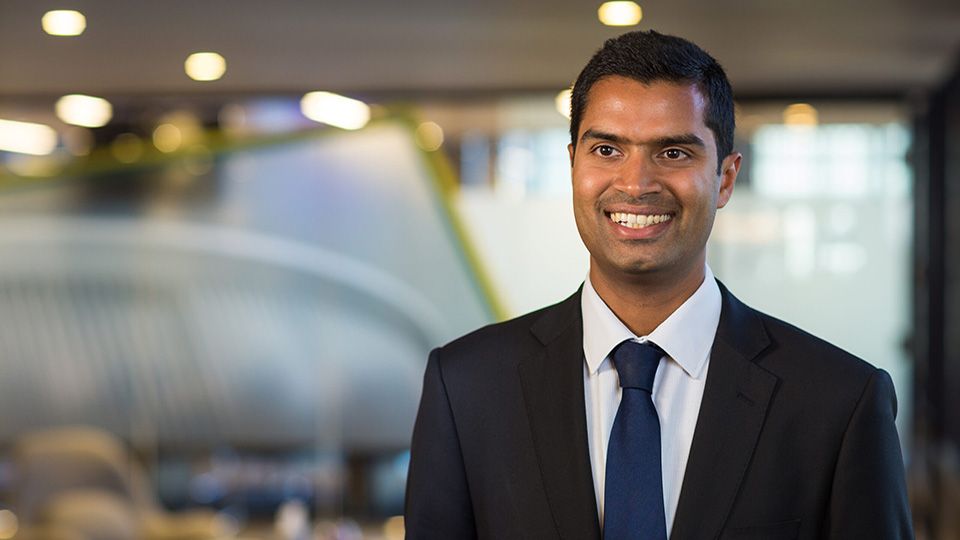When it comes to making an impact, wealthy Asian families tend to put more weight on social issues than improving the environment, according to Manish Tibrewal, CEO of Singapore-based multi-family office and licensed fund manager Maitri Asset Management.
“In the US and Europe, you tend to see a lot of philanthropic money going into climate change. But in Asia, most families are still focused on helping the less privileged to uplift their standards of living, such as providing education,” Tibrewal told FSA recently.
This focus on improving social issues through philanthropy is also reflected in the impact investments Asian families make, added Edris Boey, Maitri’s ESG practice lead.
“For example, when it comes to impact investing, Asian families tend to look at the microfinancing space. There is definitely an ‘S’ angle with their activities, where they try to lift people out of poverty,” Boey said.
Maitri started out as a single family office in 2015 for the Tolaram Group. With 25% of its earnings going into the group’s Ishk Tolaram Foundation, Maitri’s focus has been around sustainable and responsible investments.
Founded in 1948 in Indonesia, the Tolaram Group is present in a number of industries, including fast-moving consumer goods, digital services, energy, infrastructure, real estate, textiles and financial services, and has operations across Asia, Africa and Europe.
Meanwhile, the Ishk Tolaram Foundation focuses on education, entrepreneurial and vocational training, and healthcare in vulnerable communities in Indonesia, Nigeria and Singapore.
Last year, Maitri also launched its first strategy for accredited investors, the Sustainable Multi-Asset Absolute Return Strategy Fund, which integrates ESG factors in its investment process to reduce investment risks.
IMPACT SHOULD BE VISIBLE
Within the impact investment universe, some families have opted to make direct investments, such as in private equity, rather than invest in a product managed by a third-party asset managers, as they believe that the former provide them with more visibility on the impact they are making.
“Making a direct investment may be more gratifying for the investor because they feel they are closer to making an impact. They also get direct visibility, compared to investing through an asset manager, where they may feel distant from the action itself,” Tibrewal said.
That said, he believes that third-party fund managers managing impact funds are also able to provide the same level of visibility.
“There are managers that provide a very comprehensive report on each underlying investment they have done, as well as parameters they have used to measure impact,” he said.
SETTING EXPECTATIONS
Boey also added that while wealth families in Asia are becoming more aware of ESG and sustainable investments, more education is needed for them to determine where they stand on the ESG spectrum.
“Investors need to understand the spectrum of sustainable investment, because it could range from philanthropy to negative screening and to applying an ESG integrated framework to the investment process.
“When an investor understands this, they are able to set their own benchmark and clearly evaluate which ESG or sustainable products are suitable for them,” she said.
By educating investors, managers are also able to avoid being accused of greenwashing.
“In terms of greenwashing, sometimes it arises when the expectation of an investor of what sustainability is [does not match] to that of a particular product. It could be that the product may have a lower or even completely different benchmark that an investor has. So it is always good to knowing first where the investor sits on the spectrum of ESG investing.”









